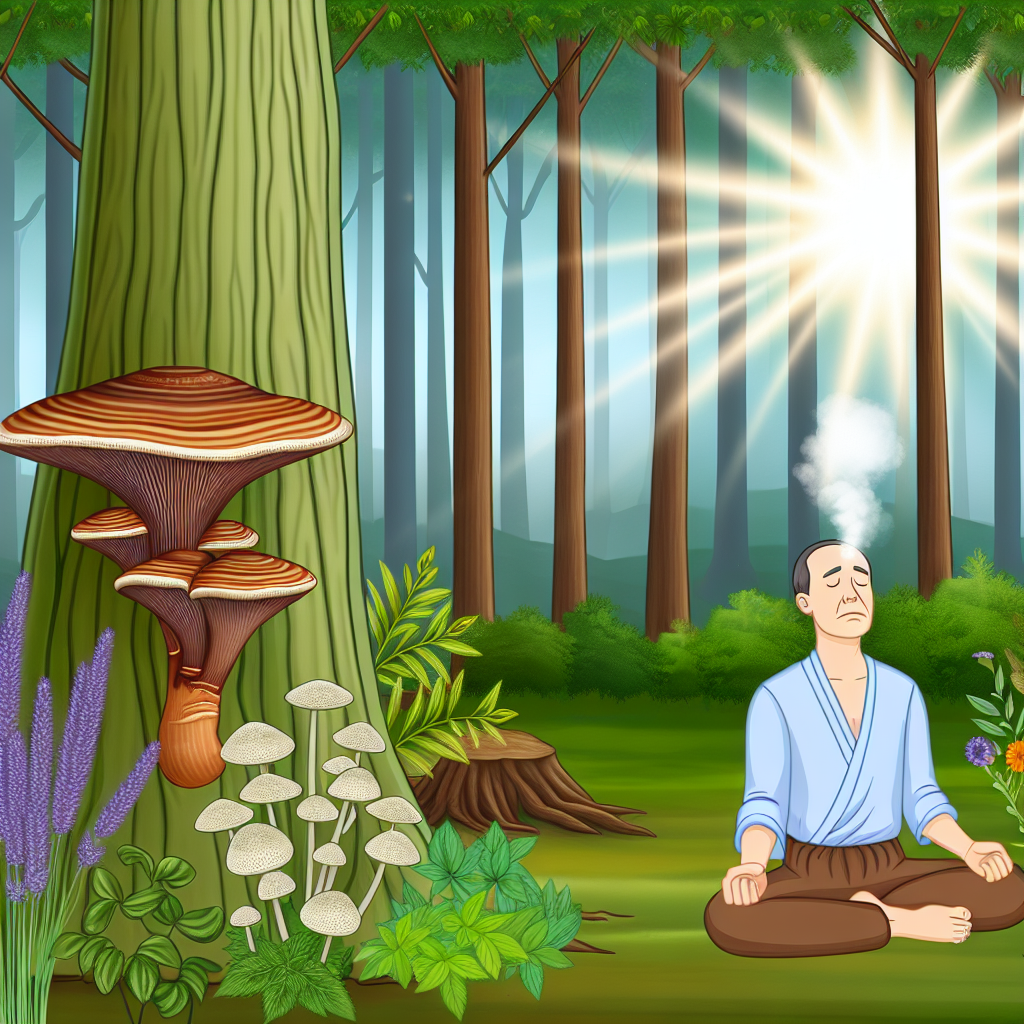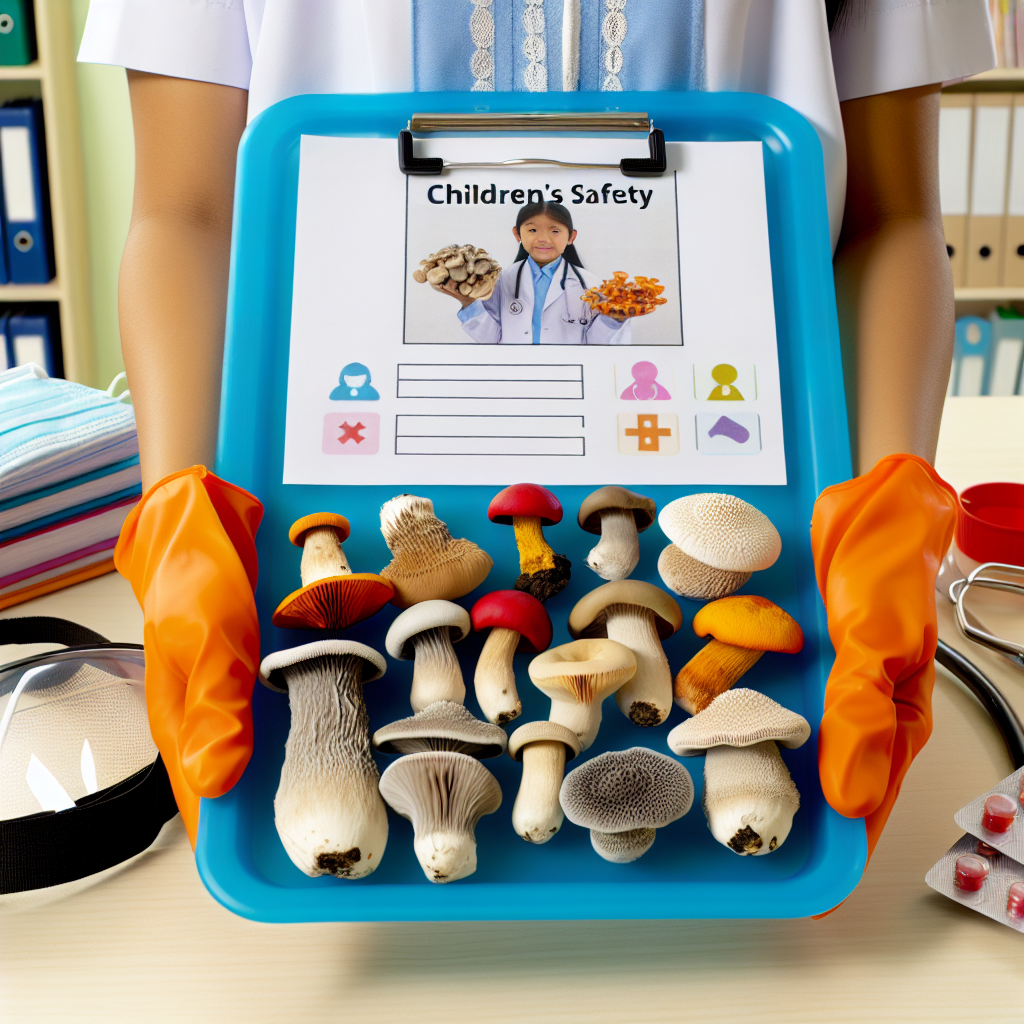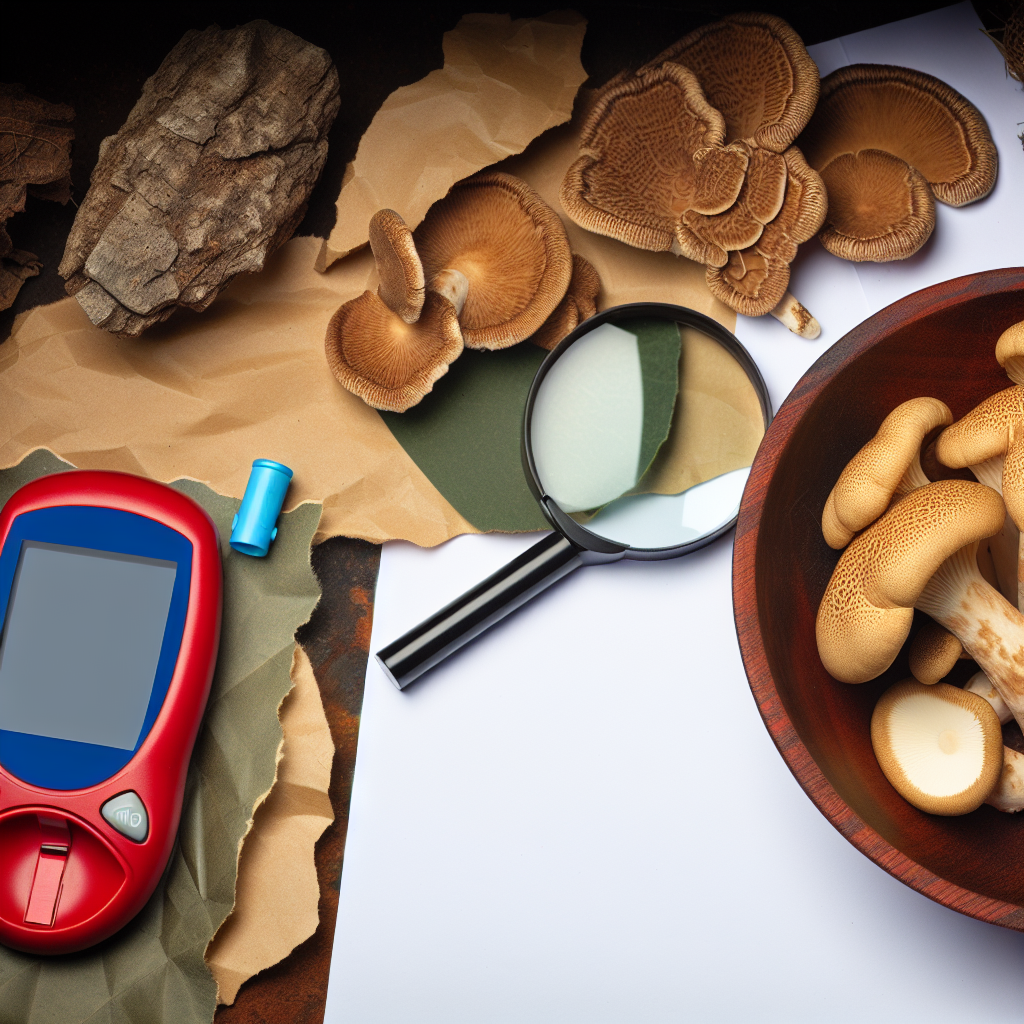Reishi and Anxiety: A Natural Approach to Stress Management
Introduction
In today’s fast-paced world, anxiety and stress have become prevalent concerns, affecting millions of people worldwide. While conventional treatments such as prescription medications and therapy can be effective, many individuals seek natural alternatives to support mental well-being. One such natural remedy gaining significant attention in the health and wellness community is Reishi mushroom (Ganoderma lucidum).
Dubbed the “Mushroom of Immortality” in traditional Chinese medicine, Reishi has been used for centuries to promote relaxation, enhance the immune system, and support longevity. With its adaptogenic properties, this powerful fungus is believed to help the body manage stress more efficiently and restore balance to the nervous system.
Modern science is beginning to validate these ancient claims, with numerous studies examining Reishi’s effects on anxiety, stress, and inflammation. Stress and anxiety are closely linked to high levels of cortisol, a hormone released by the adrenal glands during periods of mental or physical distress. Chronic stress can lead to various health issues, including fatigue, depression, insomnia, and weakened immune function. Adaptogens like Reishi help regulate cortisol levels, improve mood balance, and foster a sense of calm without the adverse side effects often associated with pharmaceutical treatments.
Incorporating Reishi into your wellness routine can be an effective way to support stress resilience naturally. Available in tea, powder, tincture, or capsule forms, this medicinal mushroom offers individuals an accessible and holistic solution for anxiety management.
In this article, we will explore how Reishi can be a promising natural remedy for stress and anxiety, supported by scientific research and clinical findings. By understanding its potential benefits, mechanisms of action, and practical applications, individuals seeking natural stress relief can make informed choices about integrating Reishi into their lifestyle.
The Science Behind Reishi: How It Helps with Stress and Anxiety
Recent scientific research has begun to validate the stress-relieving properties of Reishi, shedding light on its potential to combat anxiety and promote relaxation. Several laboratory and clinical studies have investigated its effects on the nervous system through mechanisms such as:
– Anti-inflammatory properties
– Regulation of neurotransmitters
– Modulation of the hypothalamic-pituitary-adrenal (HPA) axis
Reishi and Sleep Quality
A key study published in *Phytotherapy Research* examined Reishi’s impact on stress response and sleep quality. Researchers found that individuals who took a Reishi extract experienced reduced fatigue and improved overall well-being, suggesting enhanced adaptability to everyday stress.
The Anxiolytic Effects of Reishi
Another study, published in the *Journal of Medicinal Food*, analyzed Reishi’s anxiety-reducing effects in mice. Researchers concluded that Reishi extracts exhibited notable anti-anxiety and antidepressant-like effects, primarily due to their influence on the central nervous system and ability to modulate gamma-aminobutyric acid (GABA) receptors. GABA is an inhibitory neurotransmitter that helps calm the brain’s activity, reducing stress and promoting relaxation.
Reishi’s Role in Reducing Inflammation and Oxidative Stress
A 2020 study explored the anti-inflammatory and neuroprotective properties of Reishi, emphasizing its role in reducing oxidative stress and neuroinflammation—two factors closely linked to anxiety disorders. Chronic brain inflammation is associated with mood disorders, and by mitigating inflammation, Reishi may contribute to long-term mental health improvements.
Regulating Cortisol for Stress Relief
The adaptogenic qualities of Reishi show promise in regulating cortisol levels, a key hormone in the body’s stress response. A study published in *Evidence-Based Complementary and Alternative Medicine* found that participants consuming adaptogenic mushrooms, including Reishi, exhibited better hormonal balance and resilience to stress-related symptoms.
These findings suggest that Reishi may act as a natural and effective supplement for individuals dealing with anxiety, offering a gentle yet powerful solution without the risk of dependency or side effects seen in conventional medications.
How to Incorporate Reishi into Your Daily Routine
If you’re interested in trying Reishi for stress and anxiety relief, there are several ways to incorporate it into your wellness routine:
1. Reishi Tea
One of the most traditional ways to consume Reishi is as a tea. Simply steep dried Reishi slices or powder in hot water for 20-30 minutes. Adding honey or ginger can enhance the flavor.
2. Reishi Capsules or Tablets
For convenience, Reishi supplements in capsule or tablet form provide a simple way to consume a standardized dose daily. Look for products that contain pure Reishi extract without fillers or additives.
3. Reishi Powder in Smoothies
Blending Reishi powder into your morning smoothie or protein shake can be an easy way to enjoy its benefits while masking its slightly bitter taste.
4. Reishi Tinctures
Reishi tinctures provide a concentrated liquid extract of the mushroom. They are usually taken by adding a few drops into water or tea.
5. Reishi in Cooking
Though not widely known, Reishi can be added to soups, broths, and other recipes to enhance their nutritional value while promoting calmness.
For best results, consistency is key, and it may take a few weeks of regular use to notice significant effects on stress and anxiety levels.
Conclusion: Reishi as a Powerful Ally for Mental Well-Being
Reishi mushroom has long been revered for its ability to promote overall well-being, and modern research supports its traditional use as a natural remedy for stress and anxiety. By modulating stress hormones, supporting neurotransmitter balance, and reducing inflammation, Reishi offers a holistic approach to emotional resilience and mental clarity.
While more human clinical trials are needed to further solidify its effects, existing research paints a promising picture of Reishi as a valuable adaptogenic ally. For those seeking natural alternatives to manage daily stress and anxiety, incorporating Reishi into a wellness routine may provide profound benefits.
However, always consult a healthcare provider before adding new supplements, particularly if you have pre-existing conditions or take medication.
Concise Summary:
Reishi mushroom is a promising natural remedy for stress and anxiety, with scientific research supporting its ability to regulate cortisol levels, reduce inflammation, and promote relaxation. Incorporating Reishi into your daily routine through teas, supplements, or culinary uses can provide a holistic approach to managing mental well-being without the adverse side effects of conventional treatments.
Reference Hyperlinks:
1. [Gao et al., 2002](https://pubmed.ncbi.nlm.nih.gov/12126464/)
2. [Morio et al., 2018](https://pubmed.ncbi.nlm.nih.gov/29308989/)
3. [Cör et al., 2020](https://pubmed.ncbi.nlm.nih.gov/32366040/)
4. [Wachtel-Galor et al., 2011](https://www.ncbi.nlm.nih.gov/pmc/articles/PMC4245725/)

Dominic E. is a passionate filmmaker navigating the exciting intersection of art and science. By day, he delves into the complexities of the human body as a full-time medical writer, meticulously translating intricate medical concepts into accessible and engaging narratives. By night, he explores the boundless realm of cinematic storytelling, crafting narratives that evoke emotion and challenge perspectives. Film Student and Full-time Medical Writer for ContentVendor.com




